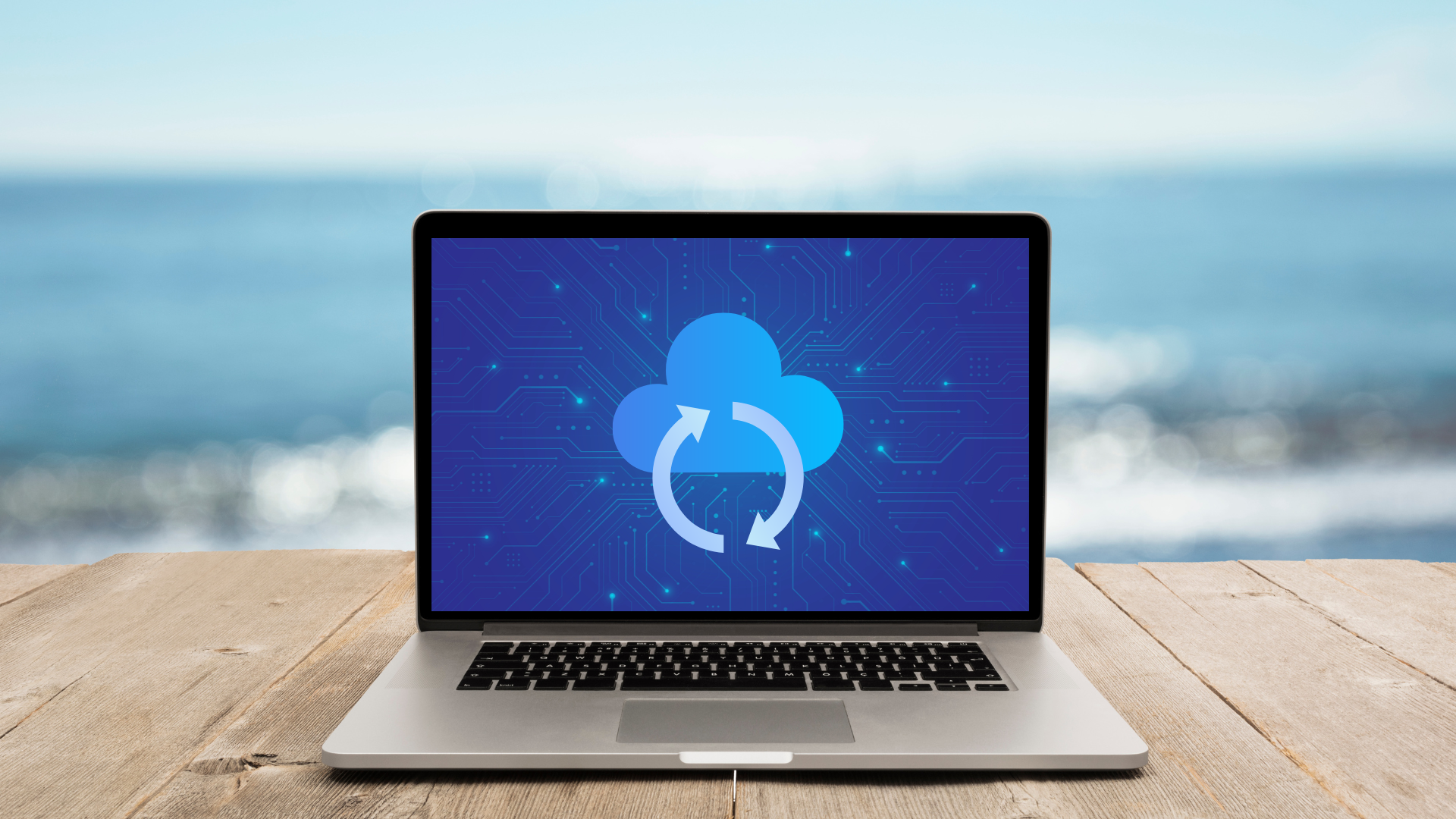Cloud computing has taken off in a big way.
Practically all of us reap the benefits of IT on a personal use level – whether that’s from using email or Dropbox or Google Docs or what have you – but in the business world, more and more we’re turning our eyes to the cloudy sky to help us perform an increasing amount of our day to day business processes.
![]()
Of course we do. There are many business benefits that can be reaped by utilizing what the cloud has to offer – better security, scalability, cost efficiency, reliability – and making the migration to the cloud is one of the smartest business moves that can be made at this point in the 21st century, and indeed 65% of enterprises have already made the migration in some form or another.
As such, you may very well be considering a similar move yourself (and if you are, then we highly recommend that you read our recent blog post ‘Migrating To The Cloud? Top 5 Mistakes to Avoid At All Costs’), and might have come across some slightly confusing terms to get your head around.
What Is The Cloud?
If you’re not in the business of dealing with computers like we are, then the whole concept of the cloud itself can often be a little confusing. And I think that a lot of that confusion stems from the name itself – ‘The Cloud’.
Before the internet, clouds were beautiful white puffy things that floated past in the sunny sky overhead, or sometimes turned gray and angry and then unleashed a cold pouring of fresh water that we called rain. Indeed, there has always been something rather ethereal about clouds up there in the sky, brushing against mountains, crumbling away in the heat, wondering as lonely as William Wordsworth sneezing with hay fever from all those darn daffodils. And I suspect that this airy-fairy poeticism has led a lot of people to think that ‘The Cloud’ is something equally as majestic, as if when storing files in ‘The Cloud’ you were entrusting them to the very Hands of the Internet Gods sitting around up there dressed in white in Internet Heaven.
Well, it’s not, and they’re not.
‘The Cloud’ – or rather the cloud, for we really can strip IT of its inverted commas and capital letter grandeur now – is just a big bunch of computers in what is essentially a warehouse somewhere. That’s it. Nothing more.
Well ok, IT is a little more complicated than that. But really that’s the best way to describe the cloud – lots of computers (or rather servers), all stacked high together in highly secure buildings, and in which are stored masses and masses of digital information from private individuals and businesses alike from all over the world. The information finds its way back and forth from the cloud via means
of an internet connection – and that’s the cloud, plain and simple. No angels, no fairies and no daffodils I’m afraid – apologies if that spoils the magic for you…
The Different Types Of Cloud
Ok, so we’ve got our heads around the very basics of cloud computing – but, since you’ve decided to migrate a lot of your business files and processes to the cloud, you’ve found that there is more than one type of cloud to choose from, and you’ve found yourself a little confused as to which type is best suited to your business needs.
If this is you, then have no fear. For the remainder of this post I will be describing the main differences between the three main types of cloud – public, private and hybrid – and which one is best suited to which type and size of business so that you’ve got all the knowledge you need to start heading in the right direction when IT comes to looking for a cloud service provider sometime soon.
Public Clouds
Public clouds are those that are hosted by a third party provider and made available to the public at a cost, depending on how much storage space etc. is needed.
What normally happens is that the public cloud providers – like Google, Microsoft or Amazon, for instance – own, operate and maintain the cloud infrastructure in their own buildings, and thousands and millions of users access these clouds via means of an internet connection.
The benefits of the public cloud is that customers will benefIT from economies of scale – meaning that your business is never really likely to outgrow the amount of space that is available to you on the public cloud, and you only need to pay for exactly what you use, and, since, so many thousands and millions of other people are using these clouds as well, then the rates are very affordable.
This is a great choice for the startup, and SMEs looking to scale.
Private Clouds
Private clouds are essentially bespoke cloud infrastructures that are often housed on-site, though just as often at a service provider datacenter. IT is a whole cluster of servers dedicated for the purposes of a single, private organization – hence a private cloud.
The benefits of setting up a private cloud is that businesses are permitted to host their own applications in the cloud whilst still maintaining a greater level of security and control of data – something that can be difficult to find in public clouds.
This is the choice for the SME who requires some very specific functions from their cloud service, with consistency across all services and need data sovereignty.
Hybrid Clouds
The best of both worlds. Hybrid cloud computing now lets businesses make use of both public and private clouds in a combined fashion, so that, for instance, the public cloud can be used for non-sensitive processes, and the private cloud can be used for business-critical operations.
Hybrid clouds can often provide the most agile, flexible and cost-effective solution, and are best used by companies who are providing services that are tailored for different markets.
What type of cloud does your business use? Let us know in the comments below.




